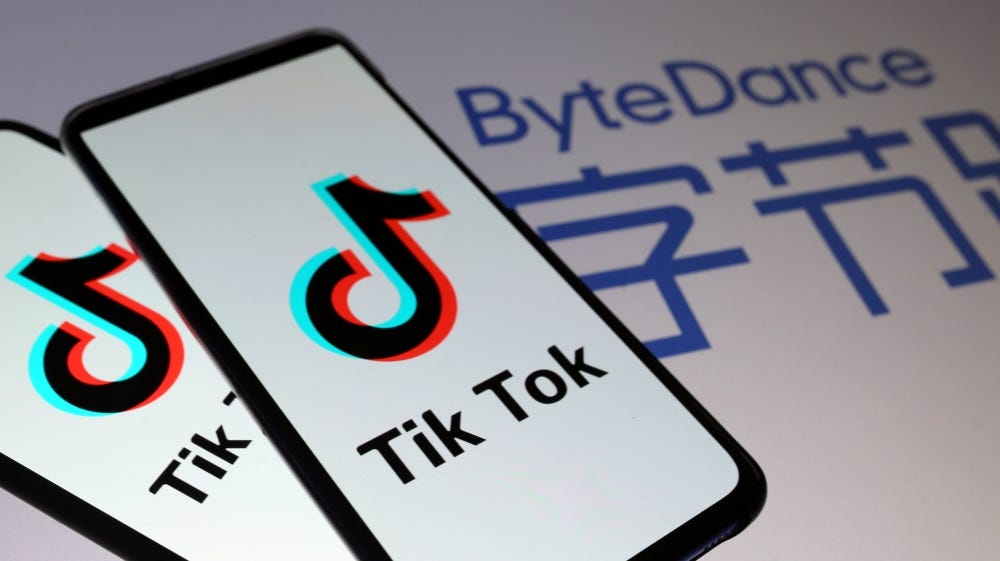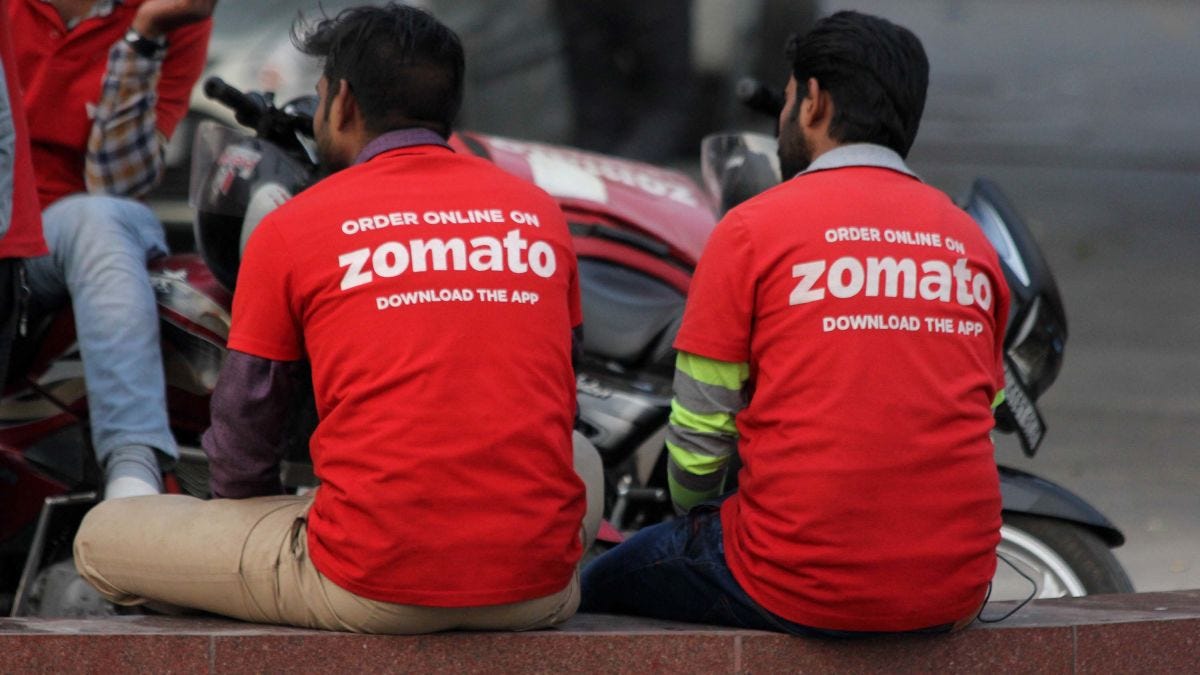Welcome to East West Hurricane! 🌪
We update you on the most essential news from Asia in tech, media, and business—the things you need to know that you probably haven’t heard in Western media.
Follow us on Twitter and Instagram! ⚡️
TikTok Begins Move Out of Hong Kong 🇭🇰
Many tech companies have responded to the Chinese government’s imposition of a new, controversial national security law in Hong Kong that officially came into effect last week. Facebook, Google, Twitter, and Zoom have all stated that they will refuse processing user data requests for the Hong Kong police, pending a deeper review on the new law. But the most notable news has come from TikTok, who publicly announced that Hong Kong users will no longer be able to access the app within a few days.

This is a complicated situation that needs unpacking. TikTok is owned by a Chinese company called Bytedance, with its global headquarters in Beijing. Bytedance owns another mobile app Douyin, that is ‘essentially’ a Chinese version of TikTok. Or depending how you look at it, TikTok is the international version of Douyin since it is a younger app and was the result of Bytedance acquiring the app Musical.ly in 2017. People in Hong Kong use both TikTok and Douyin and Hong Kong users should still be able to access Douyin from now on.
It’s unclear to me how exactly this all works, but Bytedance finds itself in a very nuanced position owning both Douyin and TikTok. The parent company has made efforts to separate the two entities and hiring an American CEO for TikTok, Kevin Mayer, has been a big move to indicate their seriousness. With the overall movement towards regulation of social media by governments around the world, it’s in the best interests of Bytedance to ensure Douyin and TikTok are separate.
Netflix to Launch First Chinese Production 🎬
Netflix is working with China’s Pearl Studio to release an animated Chinese musical film later this year called “Over the Moon.” It will tell the story of a young girl who dreams of traveling to the moon to meet the Chinese goddess of the moon. Pearl Studio co-produced Kung Fu Panda 3 and was created as a Chinese-American joint venture in 2012 with Dreamworks. This is Netflix’s very first big Chinese production, even though Netflix is not available in China.

Netflix has been making significant efforts to internationalise their content in order to better appeal to their international audiences, particularly around Asia. Another example is their major push into India last year that included aggressive discounts and local Indian content like Sacred Games. In following the eyeballs of their audience, Netflix is realising that their biggest growth opportunity comes from Asia.
Indian Startup Zomato is Cut Off From Chinese Investors 🏦
Zomato is a $3 Billion Indian food delivery startup that raised $150 Million in funding earlier this year from Ant Financial, the Chinese digital payments company. However, thanks to increasing tensions between China and India, the Indian government has imposed new laws on foreign investment. One of these laws was announced in April, requiring official approval for investments from countries that share a land border with India. And so around $100 Million out of the $150 Million is currently going through government approval before actually hitting Zomato’s bank account.

Historically, Chinese institutional investors have been one of the biggest sources of startup capital for India’s young tech companies, including funds affiliated with Tencent and Alibaba. Ant Financial (owned by Alibaba) has invested around $560 Million in Zomato, which gives it a 25% ownership stake in the company. And Zomato’s biggest rival Swiggy has received major investment from Tencent and Meituan-Dianping. This dynamic has played out for a while and 60% of India’s tech unicorns (startups with a valuation about $1 Billion) have received Chinese funding. If the political tension between the two countries lead to laws that make it more difficult for Chinese investors, that leaves a huge funding gap for Indian companies.















Share this post